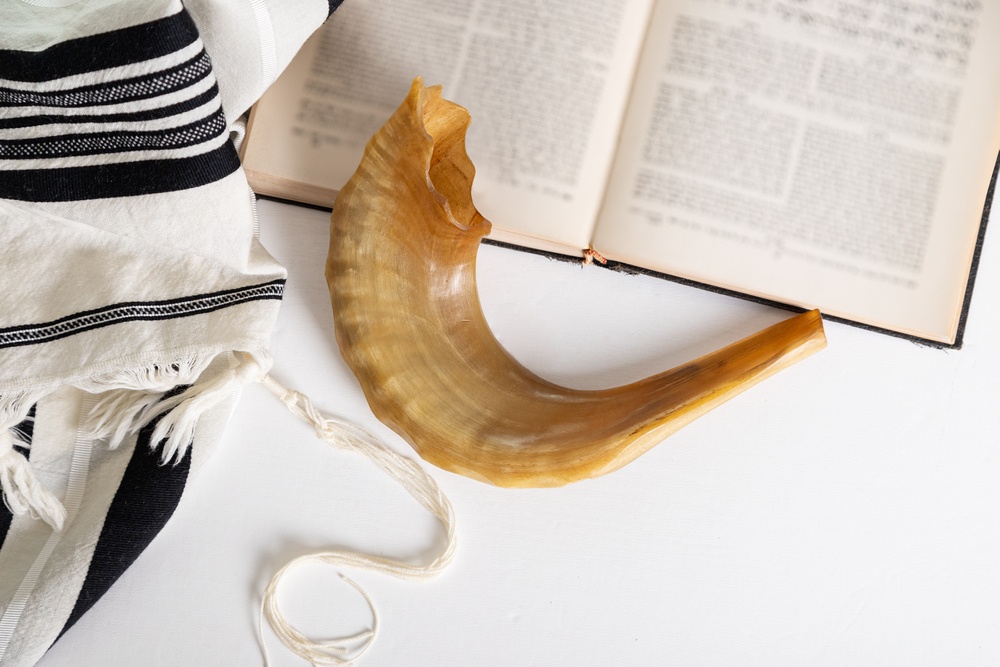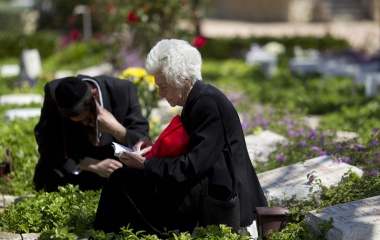
In our last post we discussed that a betulah should marry on a Wednesday evening so that if it is discovered that the wife is not a virgin the husband could go to court and have the matter properly investigated. Yet the Gemara realizes that there may be situations in which a couple would not be intimate on their wedding night - if for example the woman becomes a niddah just before the wedding. In such a case "he sleeps among the men and she sleeps among the women" (Ketubot 4a) until such time as the bride can go the mikvah. "In any case he must not perform the [first] marital act on the eve of Sabbath or on the night following the Sabbath".
The Gemara (Ketubot 5a) rejects this approach as calculations for the purpose of a mitzvah are permitted, perhaps even required, to be done on Shabbat. The Talmud supports this position by noting a fascinating array of activities which being mitzvoth should be done on Shabbat; calculating charitable distributions to be dispersed to the poor, dealing with the needs of the community whether that means going to shul, the market place, the circus or to lobby political leaders, discussing financial arrangements of a possible marriage or financial arrangements for a child's education - both Jewish and general education. As Rashi, quoting the Gemara in Kiddushin (29a) notes, a father is obligated to teach, or arrange that others teach, his child "a trade" i.e. a means of support. Shabbat may be the day of rest but there is no rest when there are communal and even personal mitzvah needs to be taken care of.
Rav Zeira offers a second answer: lest in his haste to prepare the wedding feast one may accidentally slaughter a chicken on Shabbat[3]. The Gemara was so taken by this answer that it asked why not do the same when Yom Kippur falls on Sunday night, and push off Yom Kippur until Monday night. After all there is a mitzva to eat erev Yom Kippur, not to mention a natural desire to eat before the fast, and one might get so caught up in ensuring ample food before Yom Kippur that they may mistakenly slaughter some chicken on Shabbat to be eaten on the eve of Yom Kippur.
To this the Gemara gives two answers that demonstrate some of the foibles of human nature. Before Yom Kippur people are busy preparing food for themselves not worrying about others. As such there is little reason to fear that one will accidentally violate Shabbat to prepare food for themselves. But with a wedding one must worry about the hundreds of guests and - as many who have made a wedding can attest - this can be a most trying time and one leading to mistakes.
The Gemara's second response acknowledges that one may make mistakes even when preparing for themselves. However, since the mitzva to eat only begins in the morning[4] one can prepare the food on Saturday night, minimizing the risk of violation of Shabbat, a luxury one making a wedding on Saturday night does not have.
I find it fascinating and most instructive that our rabbis would consider "manipulating" the calendar, thereby changing the date of Yom Kippur because someone might have accidentally violated Shabbat. While in the end there was no need to do so for Yom Kippur, it was the fear that one person may violate Shabbat the led the Rabbis to forbid the blowing of the shofar or the taking of the lulav on Shabbat (Rosh Hashanah 29b, Sukkah 42b). What a powerful message of the responsibility of the community to the individual.
[3] That one who is getting married is unable to focus on other matters is seen in the ruling that a groom is not obligated, perhaps even prohibited, from reciting the Shema on his wedding night (see Brachot 16a,17b). Pretending that he can have the proper intent is the height of religious arrogance. Sadly such no longer applies today as we assume that one rarely has proper intent when saying shema wedding night or not. Thus in practice even on one's wedding night one recites the shema.
[4] There are opposing views as to whether the mitzva to eat actually begins the night before or only during the day. These two views likely revolve around the nature of the mitzva to eat on erev Yom Kippur. If it is only meant as preparation of the fast then it stands to reason the mitzva should only begin on the morning of the 9th. If however eating is an independent mitzva celebrating the reestablishment of the covenant with G-d then the mitzva should apply all day i.e. beginning the night before.



